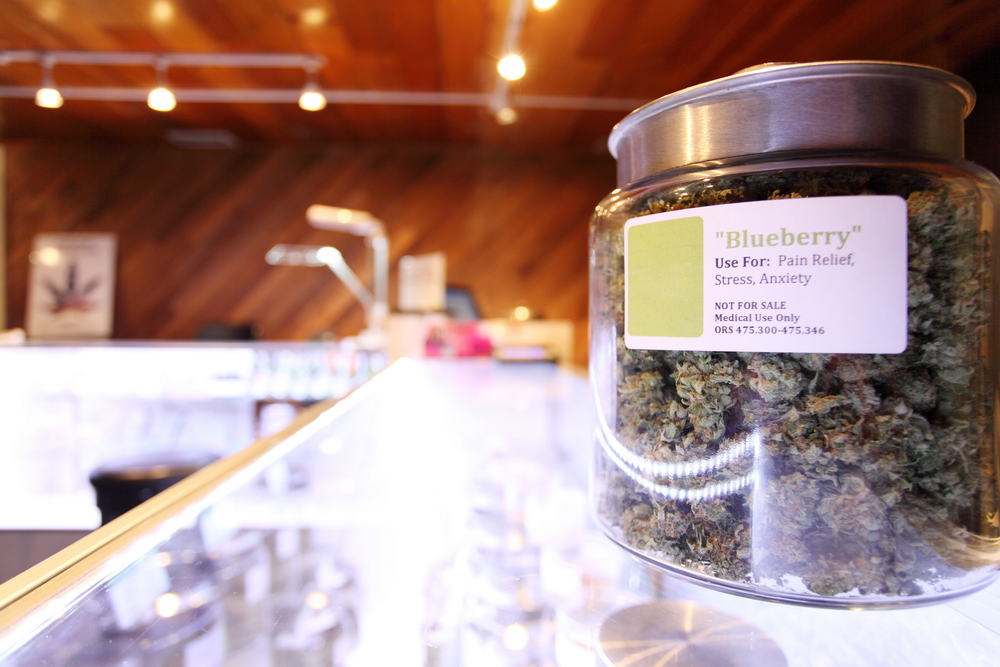A Snickers bar purchased in New York State will be nearly identical to one purchased in Florida. In fact, Snickers’ manufacturer sends the exact same bars to all 50 states and the District of Columbia. Do you get that kind of consistency with branded marijuana products? No.
Branded pot products may carry the same logos and color schemes on their labels in multiple states. But that does not mean their ingredients are identical. It also doesn’t mean that manufacturing standards are identical in all the states where a brand is distributed. There is enough variation to give consumers different experiences with the same brand from state-to-state.
So what’s the deal? Salt Lake City, Utah’s Beehive Farmacy says it is all about state and federal regulations. Medical cannabis and recreational marijuana brands alike must follow a myriad of laws to get their products to market. In some instances, the laws conflict.
Still Illegal at the Federal Level
It all starts with the fact that marijuana is still illegal under federal law. Regardless of the number of states that claim to have legalized recreational medical cannabis, they have done no such thing. They have only decriminalized it within their respective borders. There is an enormous difference.
Due to marijuana’s federal status, interstate commerce among cannabis companies is banned. Nearly all the states with legalized marijuana require that all products purchased and consumed in a state must also be cultivated, manufactured, and processed there.
All the products on Beehive’s shelves are produced in Utah. So even though the company carries a number of national and global brands, the actual products they sell could be quite different compared to similar products in neighboring states.
How Manufacturing Is Managed
So how do national and global brands get around the interstate commerce issue? There are a couple of options. A brand could set up individual manufacturing facilities in each of the states they are interested in. It is an expensive proposition but very doable.
The second option is to embrace the franchise model. Brands license franchisees who set up their own cultivation, manufacturing, or retail operations. Franchisees get the benefit of using the brand name and logo in exchange for sharing their profits and paying franchise fees.
Yet another option is to hire white label producers to cultivate or manufacture products and then slap the brand’s label on them. This is the riskiest strategy of all because it makes quality control extremely difficult.
Limits on What Can Be Sold
Making matters even more challenging are state laws that often place limits on what can be sold within their borders. Take Delta-8 THC. It is one of the hottest things in legal marijuana right now. Although Delta-8 THC is not explicitly banned by federal law, its legal status is implied by DEA policy.
Some states allow manufacturers to add Delta-8 THC to their products. Others do not. Some states strictly regulate the amount of ‘regular’ THC their marijuana products can contain. Again, others do not.
Throw in different standards for labeling and you have a mishmash of policies and procedures national and global brands need to navigate. With so many differences from one state to the next, it is nearly impossible to maintain brand consistency across an entire distribution network.
A Snickers candy bar might be the same regardless of where is purchased, but not so for marijuana. In terms of both recreational and medical products, brand consistency is lacking due to state and federal laws, interstate commerce restrictions, etc. The situation pretty much makes brand loyalty a moot point.
